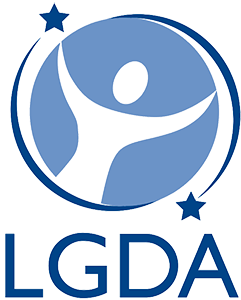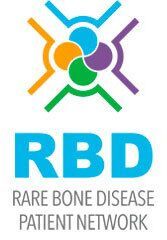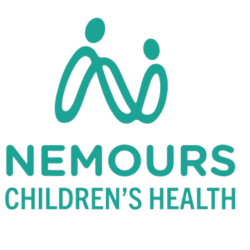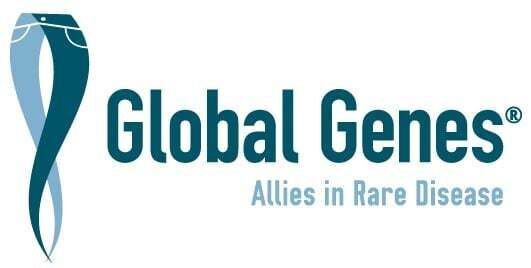
Research in rare vascular disorders, particularly capillary lymphatic venous malformations (CLVM) and associated syndromes such as Klippel–Trenaunay syndrome (KTS) and congenital lipomatous overgrowth, vascular malformation, epidermal nevi, scoliosis/skeletal, and spinal syndrome (CLOVES), is critical due to the significant morbidity these conditions present. These disorders are often underrecognized and associated with chronic pain, recurrent infections, bleeding, and clotting complications. The rarity and heterogeneity of CLVM present challenges for large-scale clinical trials, leading to an unmet need for effective treatments.
To address this gap, a study was conducted to investigate the safety and efficacy of sirolimus, a targeted medication that inhibits the mTOR pathway, in treating CLVM. Sirolimus has shown promise in treating other vascular anomalies, but its application in CLVM had not been extensively studied. The research combined prospective and retrospective cohort studies involving pediatric and young adult patients with CLVM treated with sirolimus, assessing disease response, symptom improvement, quality of life (QOL), and radiologic response.
The study was comprehensive, including a phase 2 prospective clinical trial funded by the FDA and a retrospective review of medical records from multiple institutions. The prospective trial, conducted at Cincinnati Children’s Hospital Medical Center (CCHMC) and Boston Children’s Hospital (BCH), followed patients for 12 months, assessing functional impairments, radiographic changes, and QOL using standardized scales. The retrospective study reviewed records of patients treated with sirolimus for at least three months, gathering data on treatment regimens, symptom responses, and toxicities.
The key findings indicated that sirolimus is effective in reducing complications and improving QOL in patients with CLVM. Among the 29 patients included in the study, 93% reported improved QOL, and 86% showed improvement in at least one symptom. Notably, 100% of patients with bleeding complications and 89% with thrombotic complications experienced significant improvements, supported by decreases in mean D-dimer levels and increases in mean fibrinogen levels. Importantly, no patients experienced progressive disease while on sirolimus.
These findings support the growing consensus on the effectiveness of sirolimus in managing complex vascular anomalies. The results align with previous smaller studies and case reports that indicated the potential benefits of sirolimus for this patient population. However, this study provided more robust evidence through a larger cohort and combined analysis of both prospective and retrospective data.
The clinical implications of this work are significant. Sirolimus offers a viable treatment option for patients with CLVM, reducing morbidity and enhancing QOL. Its ability to address bleeding and thrombotic complications is particularly impactful, given the severe consequences of these issues in CLVM patients. Moreover, the tolerability of sirolimus, with manageable side effects such as neutropenia and infection, underscores its potential as a long-term treatment option.
In conclusion, the study highlights sirolimus as a promising therapy for CLVM, addressing an unmet clinical need for effective treatments in this rare and complex condition. As understanding of the genetic and pathophysiological underpinnings of CLVM and associated syndromes grows, sirolimus offers a targeted approach that can significantly improve patient outcomes. Further research is needed to explore the long-term effects of sirolimus and its potential in combination with other emerging therapies, ensuring the best possible care for individuals affected by these challenging disorders.
This is the summary of the following paper: Engel, ER, Hammill, A, Adams, D, et al. Response to sirolimus in capillary lymphatic venous malformations and associated syndromes: Impact on symptomatology, quality of life, and radiographic response. Pediatr Blood Cancer. 2023;e30215. https://doi.org/10.1002/pbc.30215











